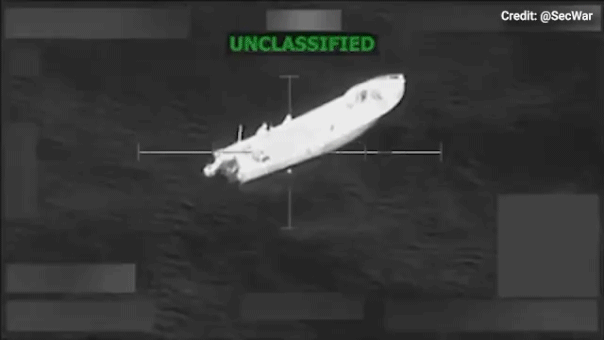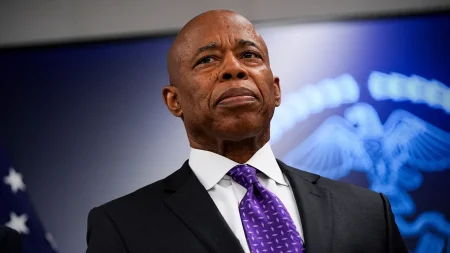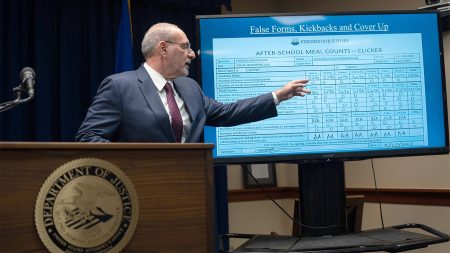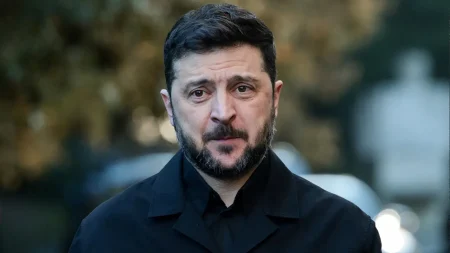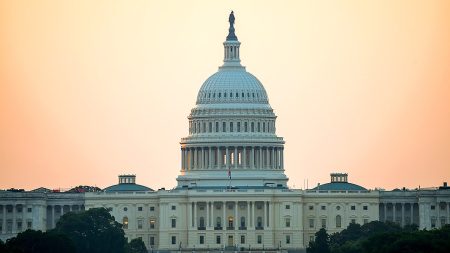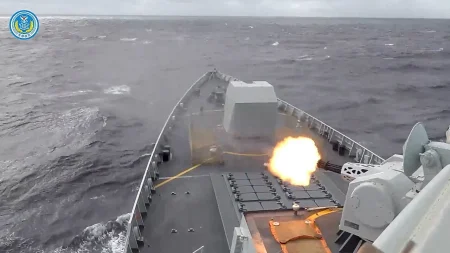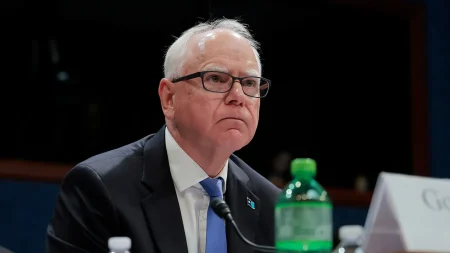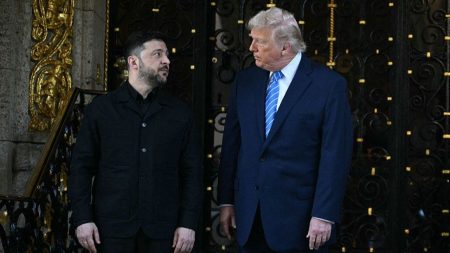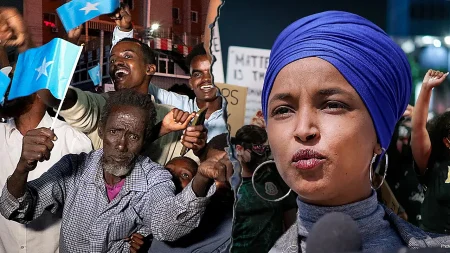Operation Southern Spear: America’s Bold New Strategy Against Narco-Terrorism
Defense Secretary Pete Hegseth has unveiled a significant new military initiative called Operation Southern Spear, designed to combat the growing threat of narco-terror networks throughout Latin America. The operation represents a substantial shift in American foreign policy in the Western Hemisphere, placing greater emphasis on direct action against drug trafficking organizations that threaten both regional stability and American lives. As Hegseth announced on social media, “This mission defends our Homeland, removes narco-terrorists from our Hemisphere, and secures our Homeland from the drugs that are killing our people.” The statement underscores the administration’s view that drug trafficking from Latin America constitutes not merely a law enforcement challenge, but a national security threat requiring military response.
The operation is already in full swing, with U.S. forces having conducted twenty strikes on suspected drug-trafficking vessels as of this week. The most recent strike took place in the Caribbean, resulting in the deaths of four individuals identified as narco-terrorists. These operations reflect a more aggressive posture toward drug trafficking networks, particularly those operating near Venezuela. This approach has garnered bipartisan support, with Senator Mark Warner, the Democratic chair of the Senate Intelligence Committee, suggesting that previous administrations had not been forceful enough in addressing the narco-trafficking threat and the political situation in Venezuela, stating, “I frankly think the Biden administration didn’t go far enough after the Venezuelan people voted overwhelmingly to get rid of Maduro.”
Operation Southern Spear brings together impressive technological capabilities under the command of U.S. 4th Fleet and Southern Command. The Navy announced in January that the mission would utilize cutting-edge unmanned systems, including “long-dwell robotic surface vessels, small robotic interceptor boats, and vertical take-off and landing robotic air vessels.” This technological approach allows for persistent surveillance and rapid response capabilities while potentially reducing risks to U.S. personnel. Additionally, the deployment of conventional naval assets, including the USS Gerald R. Ford—the world’s largest aircraft carrier—signals the seriousness with which the administration views this mission and its willingness to commit significant resources to combat narco-terrorism in the region.
The operation comes at a time of increasing concern about the flow of illicit drugs into the United States, particularly synthetic opioids like fentanyl, which have caused tens of thousands of American deaths annually. By targeting the transportation networks that bring these drugs northward, Operation Southern Spear aims to disrupt supply chains before narcotics can reach American communities. This homeland security dimension gives the operation particular resonance domestically, as many American families have been touched by the ongoing opioid crisis. Secretary Hegseth’s framing of the mission as one that “defends our Homeland” and targets “drugs that are killing our people” connects foreign military operations directly to the protection of American citizens at home.
Political implications of Operation Southern Spear extend beyond drug interdiction to broader questions about American influence in Latin America. The operation coincides with reports that President Trump has been briefed on potential options for more extensive operations in Venezuela, including possible land strikes, though no final decisions have been announced. This suggests that Southern Spear may represent just the beginning of a more assertive American posture throughout the region. The administration appears to be signaling that, unlike previous administrations that may have prioritized diplomatic engagement or economic pressure, it is willing to employ direct military action against what it perceives as threats emanating from Latin America. This stance is encapsulated in Hegseth’s declaration that “The Western Hemisphere is America’s neighborhood – and we will protect it.”
While Operation Southern Spear has received support from key figures on both sides of the political aisle, it also raises important questions about the future of American military engagement in Latin America and the appropriate balance between military, diplomatic, and economic tools in addressing complex regional challenges. The use of lethal force against drug traffickers in international waters represents an escalation in tactics, and the potential for expanded operations into sovereign territories could have significant implications for U.S. relations throughout the hemisphere. As the operation progresses, policymakers will need to carefully evaluate its effectiveness in reducing drug flows, its impact on regional stability, and whether a primarily military approach can address the root causes of narco-trafficking that have proven persistent despite decades of American counter-drug efforts. What remains clear is that with Operation Southern Spear, the United States is signaling a renewed commitment to asserting its influence in what Secretary Hegseth explicitly calls “America’s neighborhood.”



